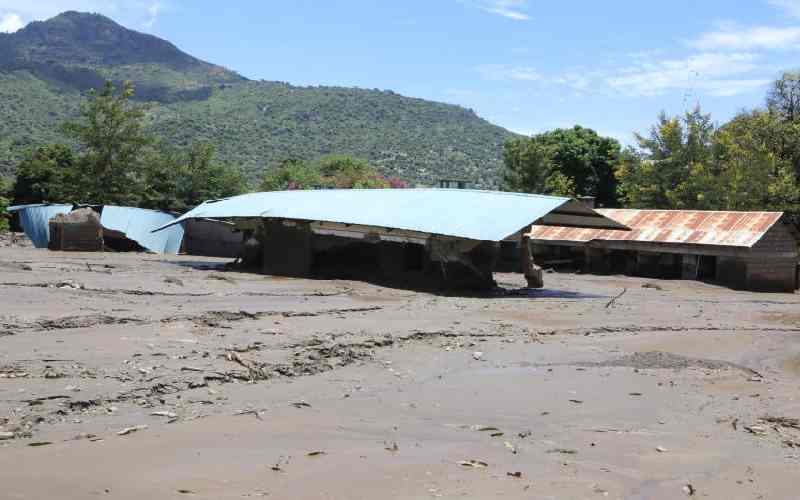×
The Standard e-Paper
Kenya’s Boldest Voice

By last evening, Chesegon village, on the Elgeyo Marakwet and West Pokot counties border was still searching for its sons and daughters, buried alive in up to 10 feet of mud.
The Rift Valley escarpment, once a scenic beauty that attracted visitors like a magnet, has now turned to a graveyard.